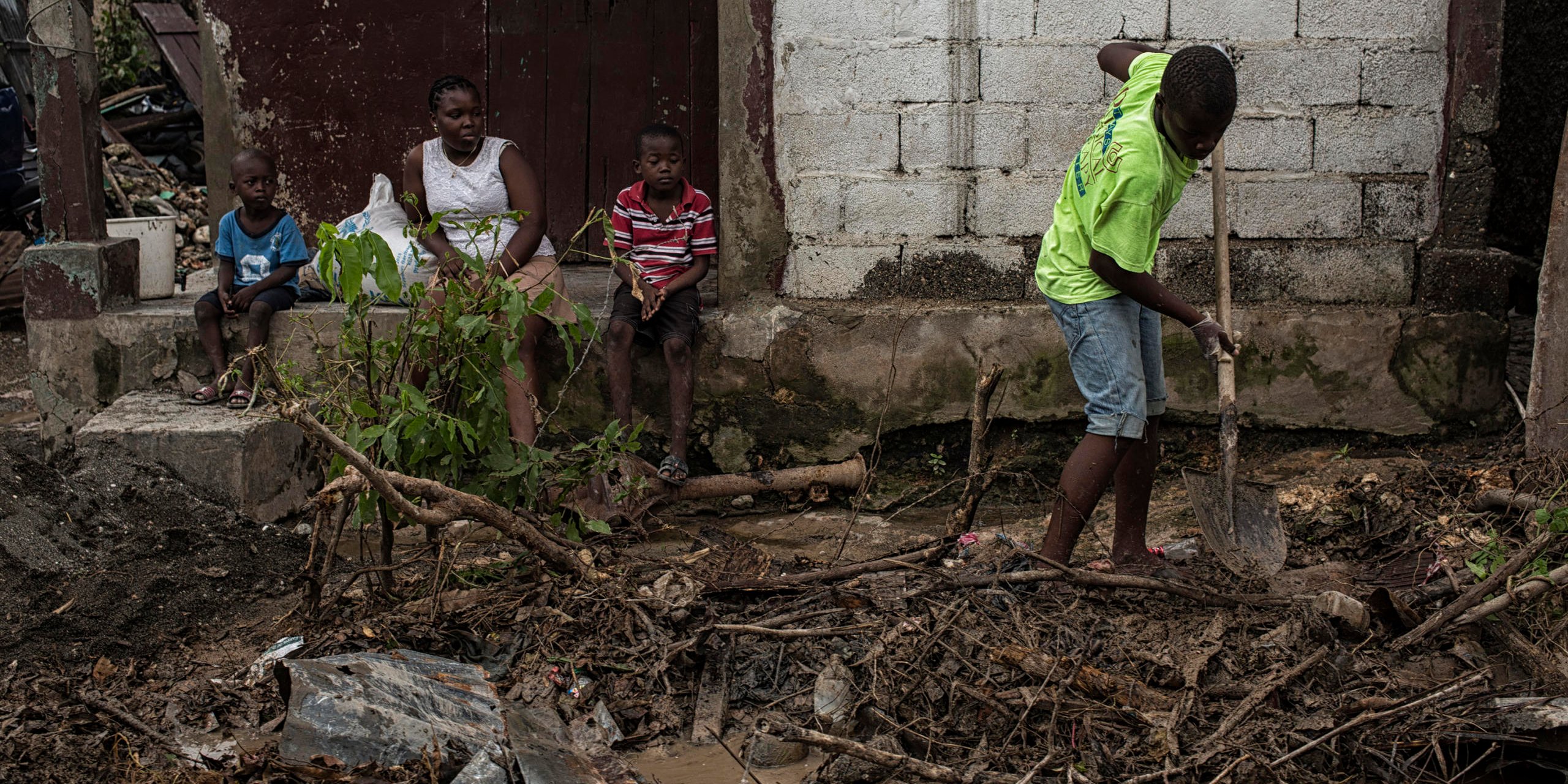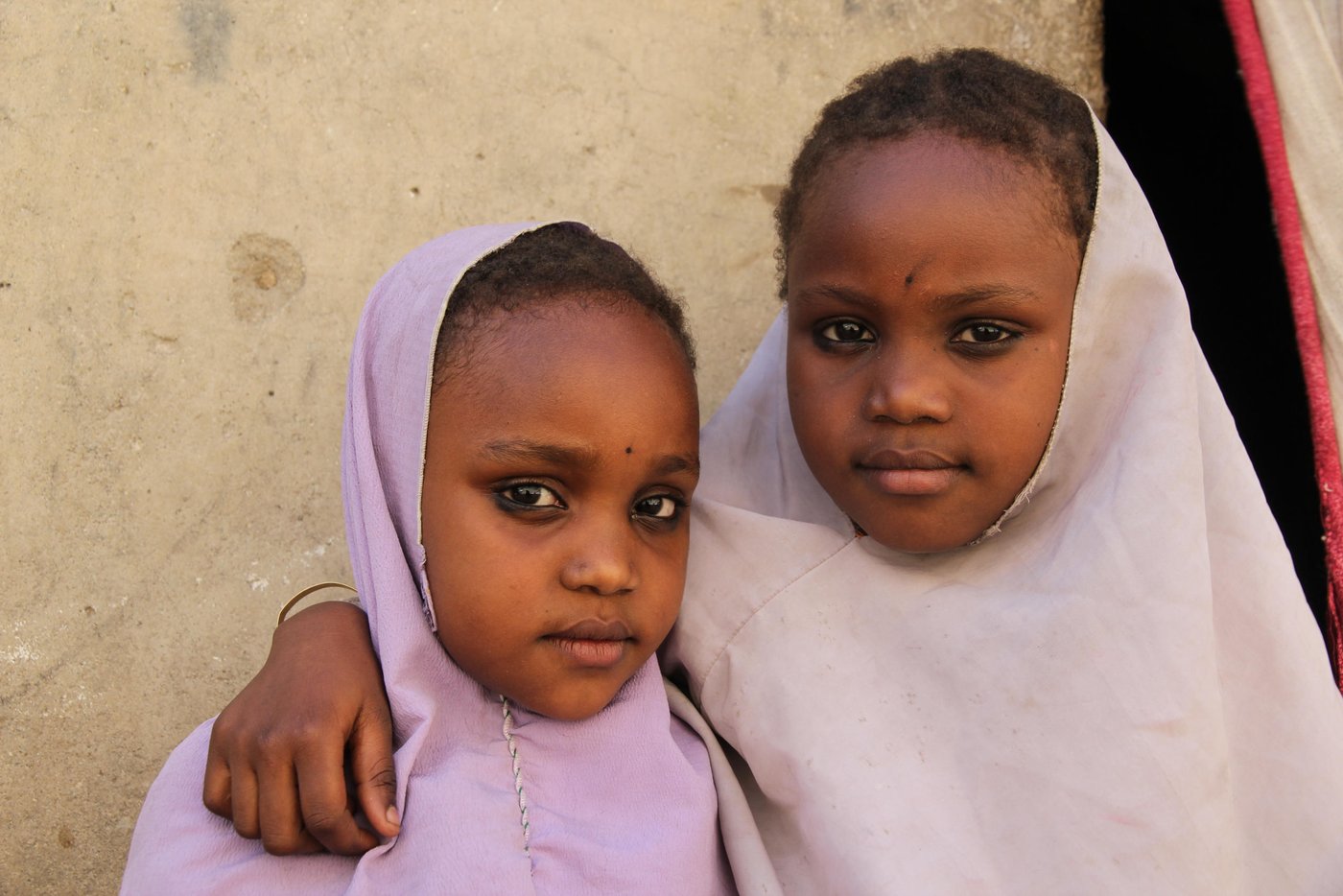
Hurricane Matthew led to extensive damages, but thanks to early warning systems and natural disaster preparations, human lives were largely spared. According to official numbers, approximately 600 people died in the hurricane.
Rural areas on the coast and in the highland have been most affected and large areas totally destroyed by rising water and strong winds. As a result, over 124 000 households are in need of shelter in South and Grande Anse regions. Damaged crops and killed livestock have put over 800,000 people in need of food assistance and Haiti has been dependent on food imports since the hurricane.
In addition to shelter and food, the main priority areas for aid agencies in Haiti are health, especially water, sanitation and hygiene, protection and livelihood. However, low funding levels, few operational partners and lack of geographical access have hampered the ability to deliver humanitarian assistance in some critical sectors.
“Haitian authorities wanted to avoid the mistakes from the earthquake in 2010 and insisted on taking the responsibility and leading the emergency response after the hurricane. But the recent election process, coupled with the fact that the capital Port-au-Prince was not heavily affected by the hurricane, have contributed to a lack of willingness and capacity to respond”, says NORCAP Director, Benedicte Giæver.
Challenges in the response
Shelter was identified as being the most critical life-saving need after the hurricane. According to a ProCap deployee, and confirmed by a recent REACH evaluation report and initial diagnostic by the Real Time Evaluation Team from the UK Department for International Development, some of the shelter response has failed, due to the humanitarian community categorizing the situation as a displacement crisis.
“Although the affected population is currently living in collective centres, they are not “on the move” as in other displacement settings. Most only need assistance rebuilding their homes in the same neighbourhoods. Not recognizing this means there is a lack of accountability to the affected population. It has also led to serious protection issues, such as gender-based violence, family separation, violence related to evictions and community tension”, says ProCap expert, Nicolas Coutin.
In addition to the ProCap deployee and one CashCap expert, NORCAP currently has experts in logistics, education, protection, health and gender-based violence in Haiti.

Nigeria
Although more territory has been liberated from Boko Haram control, the frequency of Boko Haram attacks have increased and more are expected.
The government's sector approach to the emergency is slow and disorganised, compared to what the humanitarian leadership could have provided in an officially recognised L3 emergency.
The number of internally displaced people returning home has increased in the past months. State authorities encourage fast returns, but there is an acute need for humanitarian assistance for all returnees. Estimates indicate that 99% of the internally displaced in Borno state lack access to clean water supply and food.
Nine NORCAP experts are deployed to various agencies in Maiduguri, strengthening the international response within protection, shelter and site planning, logistics, health and monitoring and evaluation.
Lebanon and Jordan
Jordanian and Lebanese authorities struggle to cope with the refugee crises, as both refugees and the local populations become increasingly vulnerable, tensions grow between the two groups and funding is insufficient to tackle either issue.
Lebanese government refuses to plan for the long term when it comes to the refugee population, in spite of the crisis currently being in its sixth year.
Hopes are that a new president and government will make it easier to discuss long term solutions for refugees and vulnerable host communities, and that the process of getting new bills through parliament can be restarted after a total standstill.
NORCAP currently has four experts in Jordan and three in Lebanon, working in areas such as shelter, water, sanitation and hygiene, camp coordination and camp management, protection and cash and markets.

Iraq
Iraq now hosts three million internally displaced people, one of the largest internally displaced populations (IDP) in the world.
Together with Syrian refugees, the displaced make up 25% of the population in the Kurdistan Region of Iraq. According to projections from the Food and Agriculture Organisation, between 12 and 13 million people in Iraq will likely be in need of humanitarian aid by the end of 2016.
Handling of both the Iraqi IDP and Syrian refugee crises has been fraught with coordination challenges between Baghdad and Erbil. Most of the response focuses on short term efforts, with the intention that people will go back home when Mosul falls. There is a need for long term planning and interventions, but authorities and international aid agencies vary in their ability and willingness to plan long term.
NORCAP experts have played a significant role in getting the camp coordination and camp management cluster involved in the Mosul response, and strengthening links between the humanitarian response and local and national authorities.
Deployees also contribute to the response with expertise in child protection, education, humanitarian affairs and information management.

